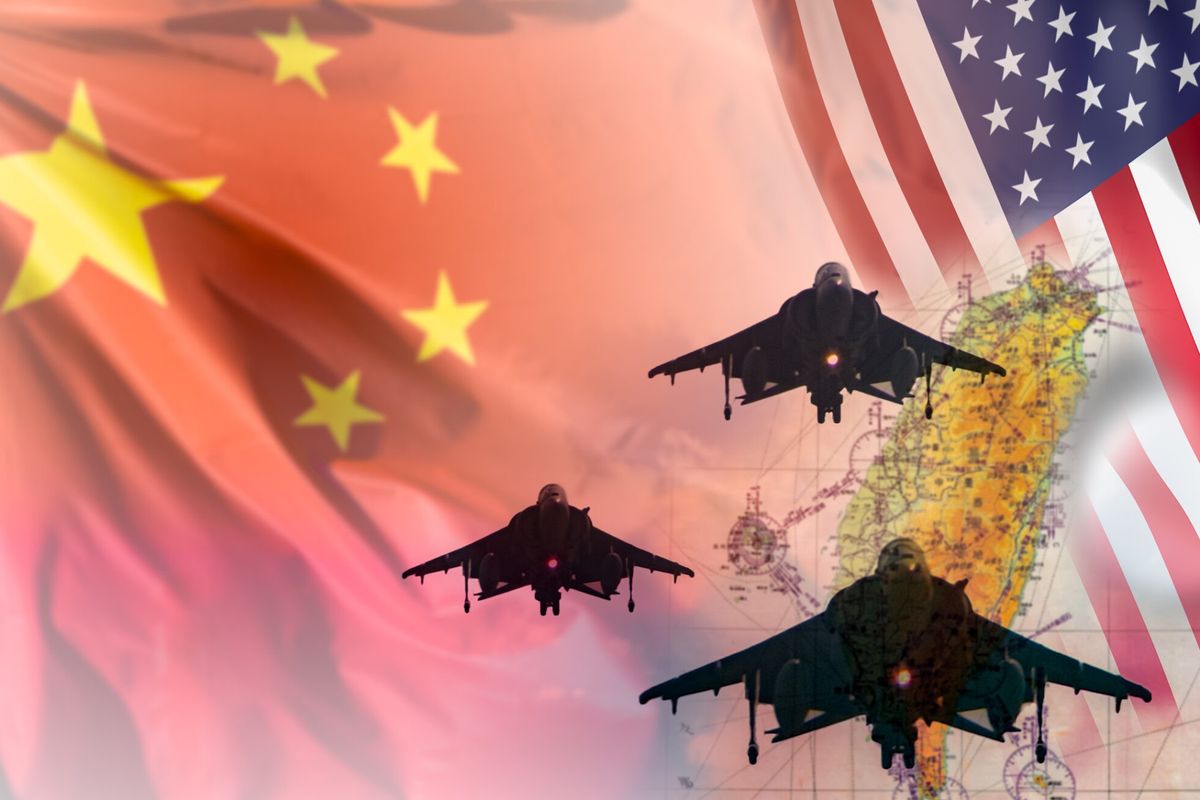Senior leaders of authoritarian governments almost certainly are asking their intelligence services to analyze the implications of the current U.S. presidential election. What follows is the guidance I imagine the Director of Intelligence in those countries would provide.
Given the delicacy and difficulty of the current tasking, let me offer you some suggestions for how to proceed.
Avoid at all costs predicting the eventual winner. It is foolish to attempt to predict the actions of individuals who have not yet decided themselves what they will do. And the American political system has entered an unsettled period during which it is struggling to locate the level that will become the new normal. (It is, of course, possible that the current volatility is in fact the new normal.) Since the summer of 2015, all the American political experts we follow for insight have failed us badly. If American elite journalists can get things so wrong, I doubt we are in any position to anticipate the next turn of the political season. (Speaking of mainstream media, I remind you again to look for more diverse sources of information. WorldNetDaily and Alternet.org are often more useful in deciphering current political dynamics than the Wall Street Journal and the New York Times.)
Let's focus instead on anticipating what the current political dynamic indicates about the nature of U.S. foreign policy going forward. Some possible points to make:
U.S. leadership in global affairs is ending. The decline will unspool over many decades and, given the size of the U.S. economy and military, Washington will always remain a powerful voice in world affairs. But the U.S. electorate clearly is voting against the norms that have long guided U.S. foreign policy. Senator Marco Rubio was the candidate most associated with an aggressive U.S. foreign and military posture linked to American exceptionalism. He gained little traction before suspending his campaign. Alarmingly, this rejection of foreign policy norms extends to free trade. The U.S. consumer still accounts for 25 percent or more of world economic growth, but candidates across the spectrum want to reduce the rest of the world's share. Western foreign policy elites still like to talk about our post-Cold War world, but increasingly what we're looking at is a post-U.S. leadership world.
U.S. soft power will decline. As goes U.S. global leadership, so goes its ability to influence world norms. America, because of its unique history and economic heft, has since World War II shaped how the world thinks. Our own government has long fought this insidious soft power, and it looks to become a bit easier going forward. No matter who wins, the nature of the political debate in the U.S. has already harmed its image in the world. The U.S. is unique in still arguing over issues, such as the environment and health care, that are essentially no longer political topics for the rest of the world. We should look for opportunities to present our own society as something the rest of the world should want to emulate instead of copying the United States.
The American election campaign has also illuminated issues that are not unique to the United States. They offer lessons we need to learn.
Elite power over society is declining. For millennia, the intellectual, social, and economic classes have guided the course of world affairs. This is true even in so-called democracies. But much of the political turmoil we see in the U.S. elections is essentially the result of non-elite classes ignoring the views of those who supposedly know better. As has been the case on so many other issues, the U.S. is again leading the world in the emergence of this phenomenon, much to the discomfort of American elites. Several trends are coalescing to fuel this development. Technology is changing the nature of work or, more accurately, eliminating the need for many workers and/or significantly reducing their incomes. The U.S. Social Security Administration reported that in 2014, 51 percent of American workers made less than $30,000 a year. The increasingly multicultural nature of American society is another factor, and it is felt more by non-elites. The top one percent of income earners in America are more likely to be white than black or Hispanic.
But perhaps the principal reason why American non-elites are less likely to follow the lead of the elite class is that modern information technologies have allowed them to find each other and effectively mobilize. The internet and digital communications have changed the nature of U.S. politics in ways few imagined 15 years ago. It is increasingly difficult to achieve a national consensus, because there is no national media to support common norms.
Our government must be wary of these trends going forward. We also face ethnic and social divisions that could erode our national consensus. We too will need to make some difficult economic adjustments going forward. We must remain vigilant. Difficult as it is to control and monitor digital and internet communications, we must continue to do so. Today, other nations criticize our policies but over time they may come to appreciate their wisdom.














